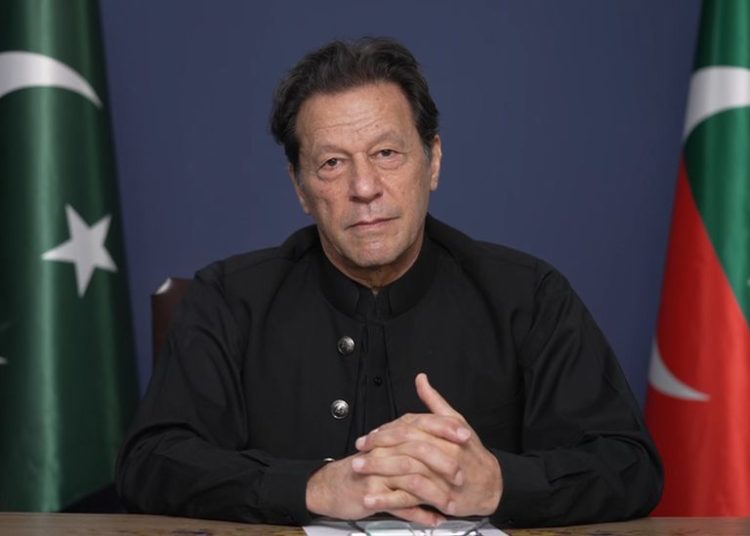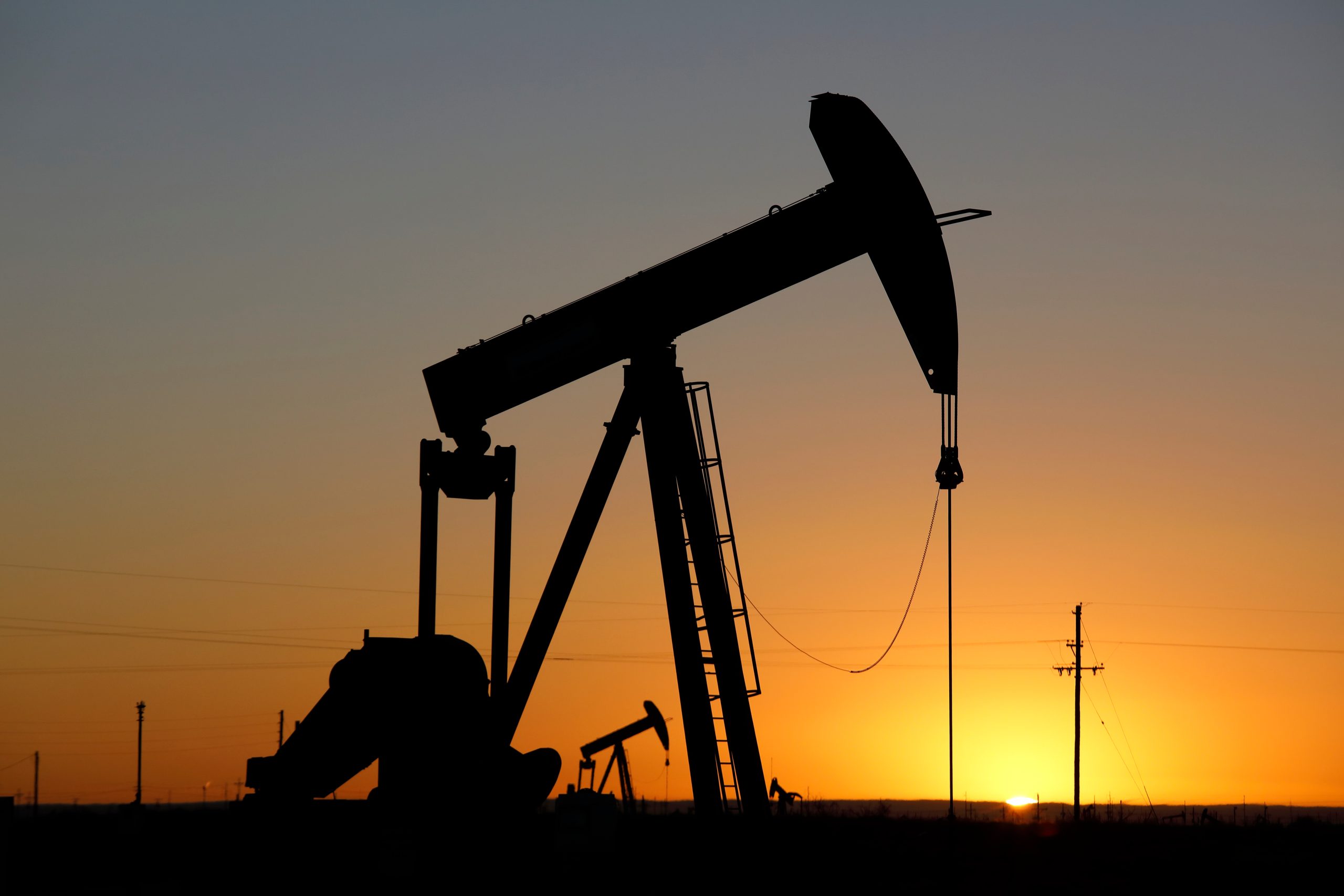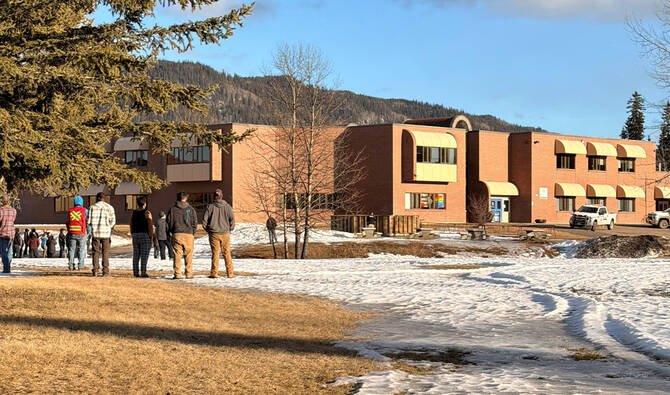In the aftermath of the devastating earthquake that struck Turkey and Syria, Republic Policy Officials announced that 113 arrest warrants have been issued in connection with the construction of buildings that collapsed during the disaster. The police have taken at least 12 people into custody, including building contractors, and more arrests are expected in the coming days.
However, the actions of the authorities are being viewed by many as a mere attempt to divert blame for the tragedy. For years, experts have warned that a significant number of new buildings in Turkey are unsafe due to rampant corruption and government policies. These policies have allowed for amnesty for contractors who flout building regulations, which led to a construction boom, including in earthquake-prone regions. The fact that thousands of buildings have crumbled during this earthquake has raised serious questions about whether the natural disaster was made worse by human negligence.
The President’s future is on the line as elections loom, and he has admitted shortcomings in the response to the disaster. However, during one of his visits to the disaster zones, he appeared to blame fate for the tragedy, saying “Such things have always happened. It’s part of destiny’s plan.”
As the search for survivors continues, the situation is growing more desperate with millions of people left homeless and temperatures dropping below freezing. The United Nations has warned that over 800,000 people are without adequate meals, and its aid agency on the ground has warned that the final death toll is likely to double. In Syria, the death toll has risen to over 3,500, and new figures have not been published since Friday.
Despite some miraculous rescues, the hope of finding many more survivors is fading. Among those rescued from the rubble were a family of five in Gaziantep province, Turkey, and a seven-year-old girl in Hatay who spent 132 hours trapped beneath the debris. The earthquake has been described as the “worst event in 100 years in this region” by the United Nations aid chief, who was in the Turkish province of Kahramanmaras on Saturday.
The United Nations has called for regional politics to be put aside in the face of this disaster, and there have been some signs of this happening. The border crossing between Turkey and Armenia has been reopened for the first time in 35 years to allow aid to pass through. However, unrest in southern Turkey has disrupted rescue efforts in some areas, and security is expected to worsen as food supplies dwindle. Despite these challenges, the search for survivors has resumed under the protection of the Turkish army.















